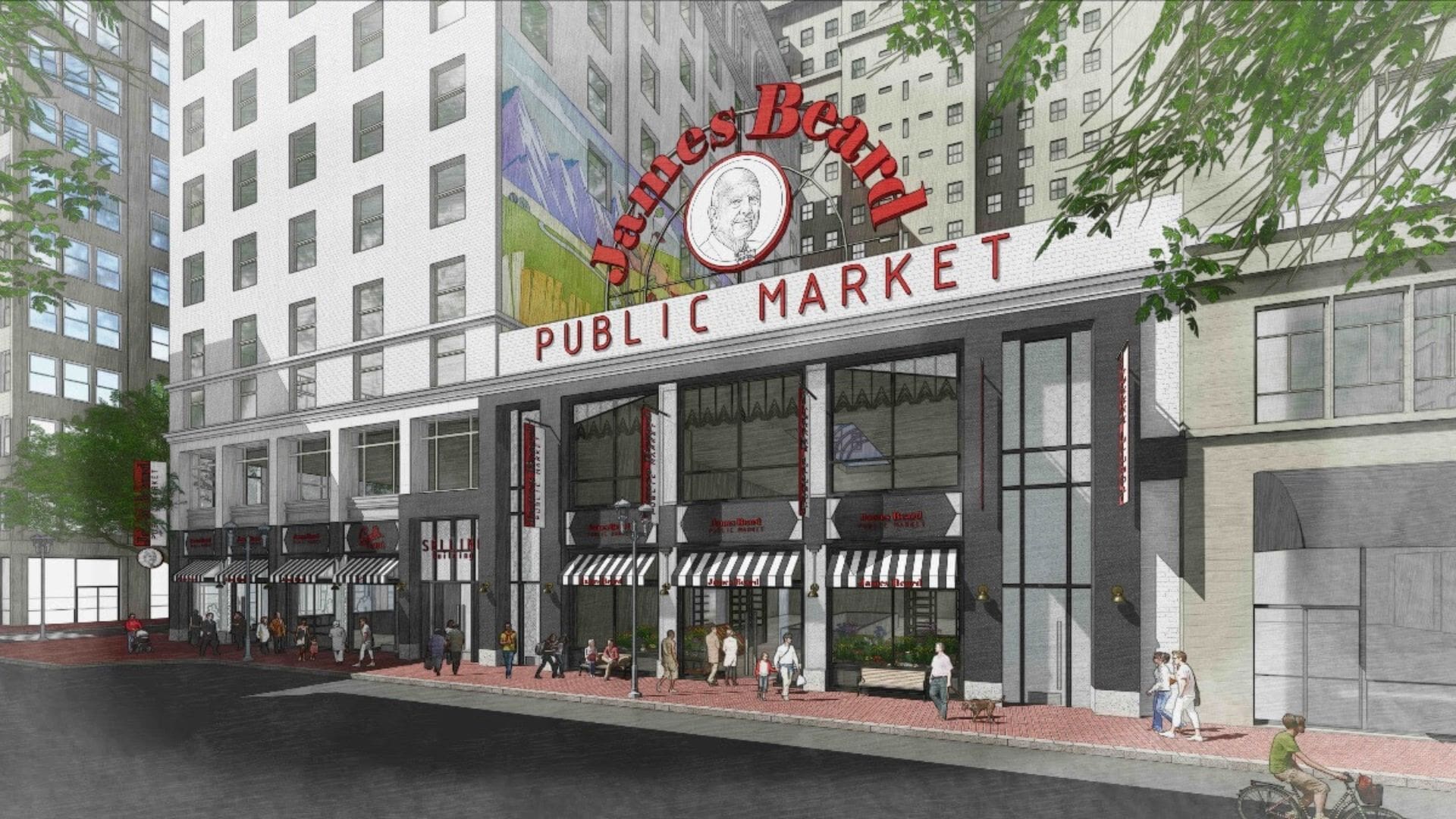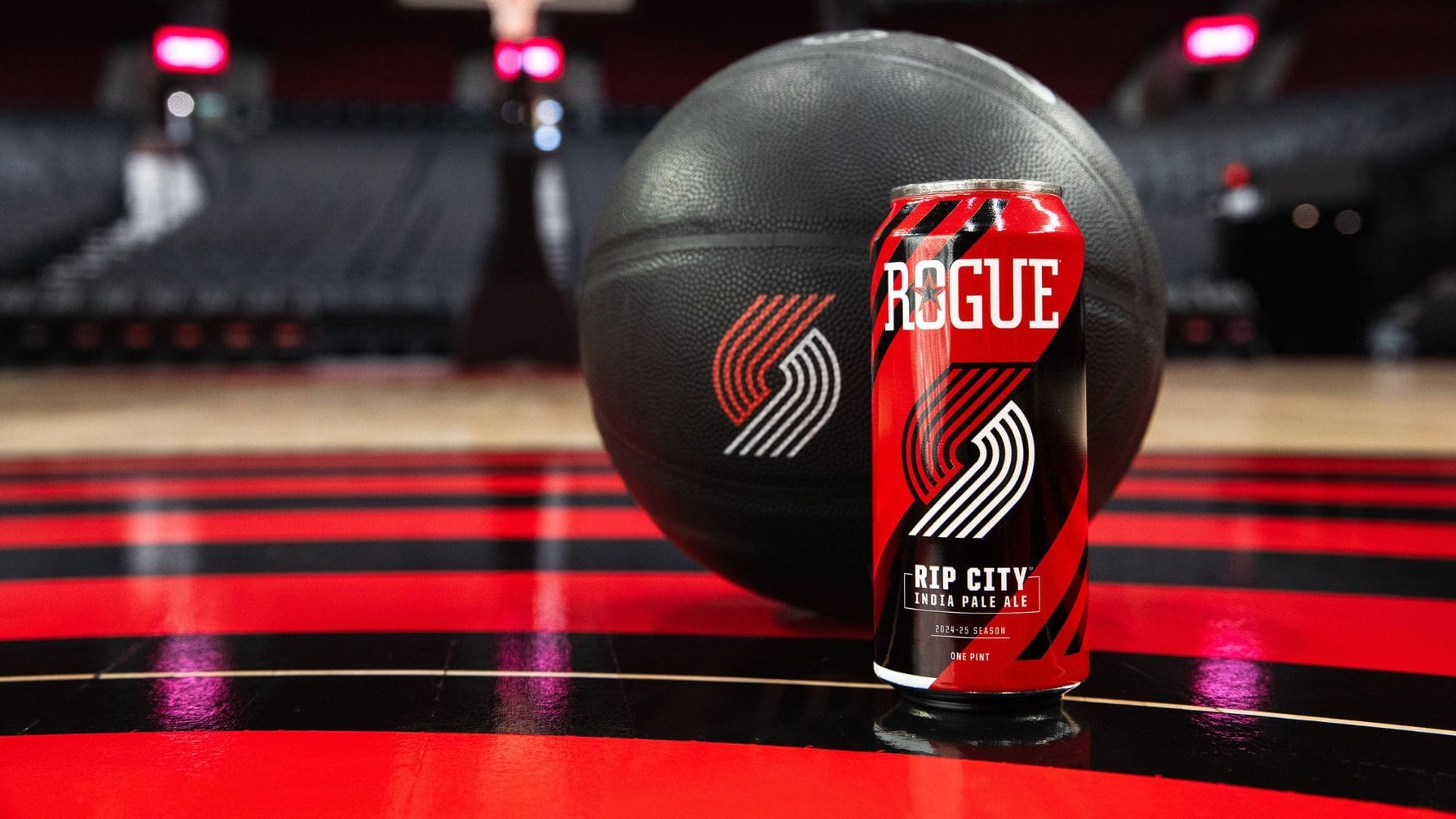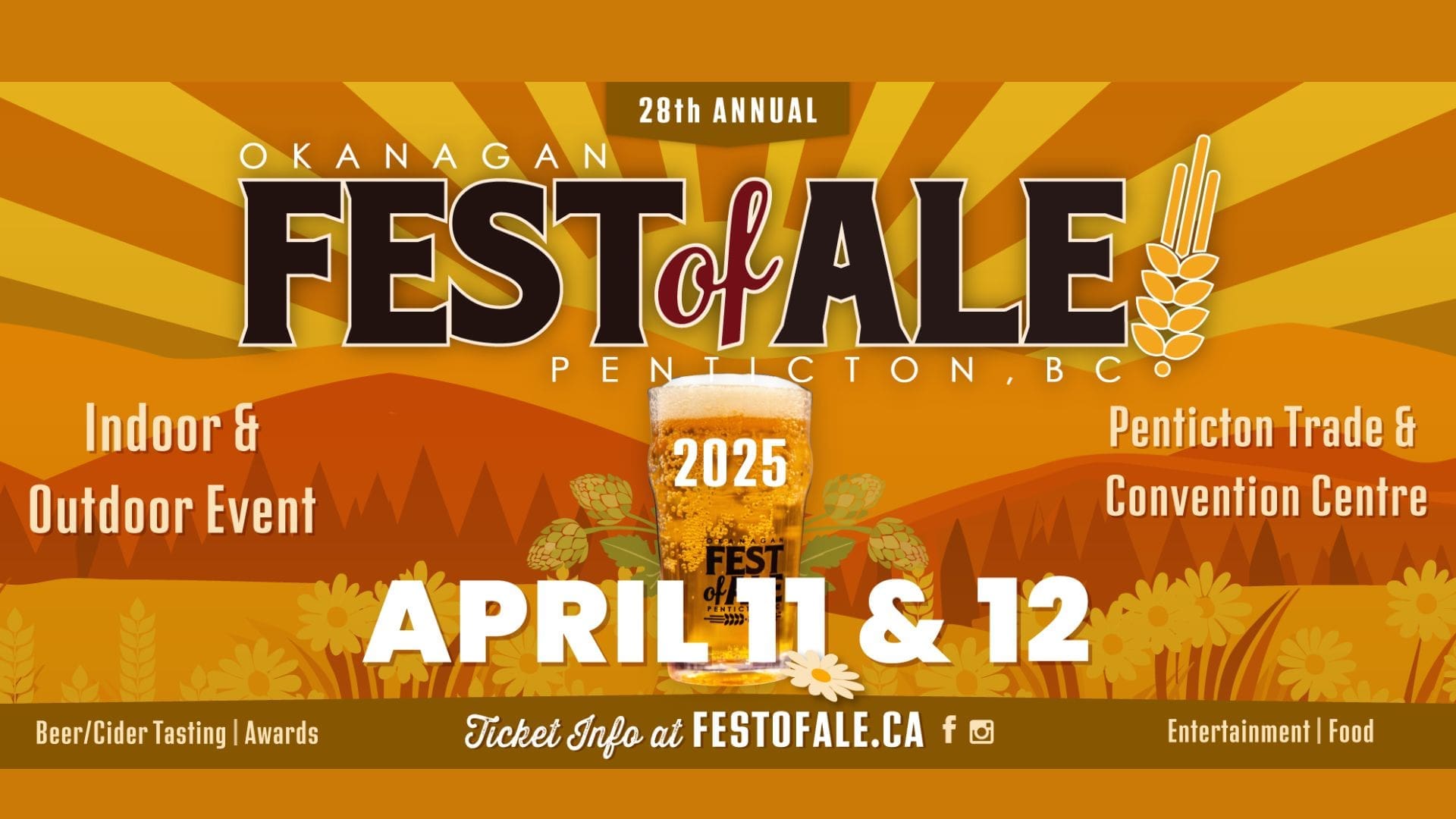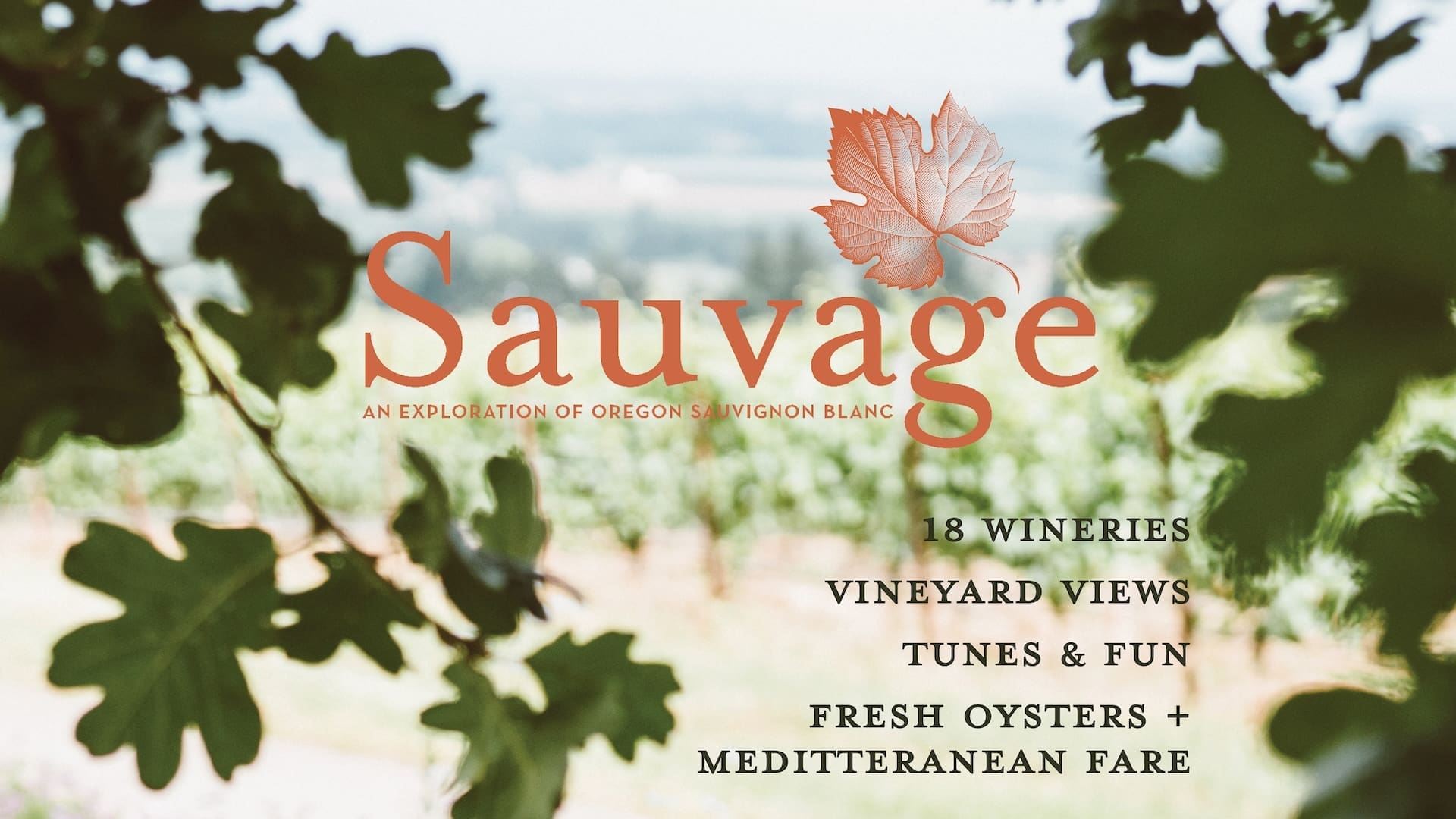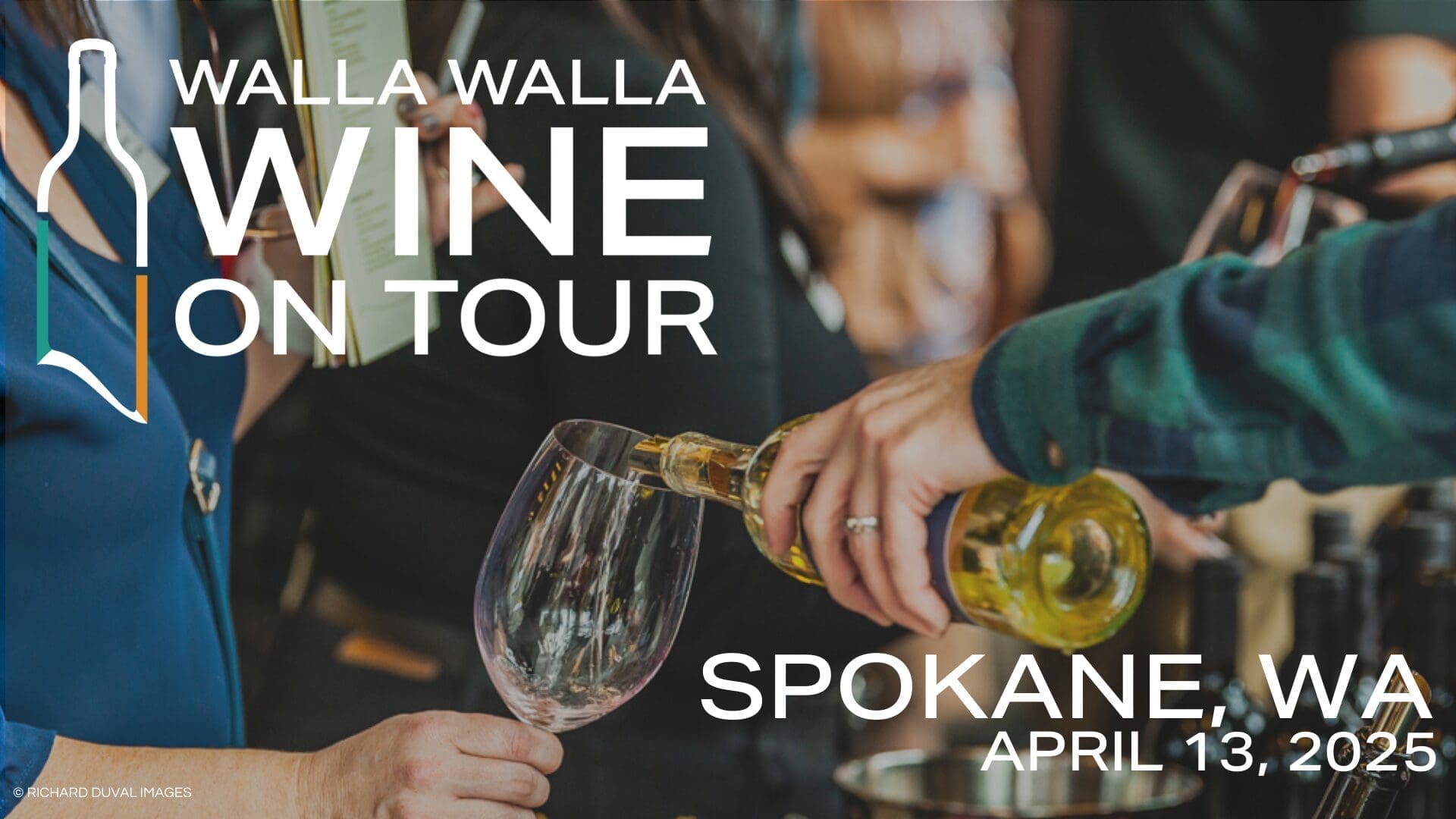The co-op model of café ownership is a rare one in the Pacific Northwest, and indeed across the country. Not to be confused with coffee growers’ cooperatives-farmers who organize to work directly with buyers, negotiating fair prices for raw coffee beans (all experience gained through the intense negotiation training they’ve received) -coffeehouse cooperatives share control of a café space, with group decision-making governing all aspects of the business.
The cooperative business model, regardless of the type of business it centers upon, begins with the assumption that sharing responsibility and decision-making equally between members of the co-op increases worker accountability, productivity and fulfillment. It also allows a business to reflect the interests and beliefs of all the people who run it, rather than those of a single owner.
For Seattle’s Black Coffee Co-Op, being cooperatively owned means a non-hierarchical business model where pay and responsibility are divided equally among “worker-owners” and decisions are reached by consensus. Serving Kuma Coffee with precision and expertise, Black Coffee proves their seriousness about the brew with weekly barista training classes ranging from introductory to advanced. A lot of people looking to become a barista will need to find the best barista training program they can find so they often try out a few different places before deciding where to go. But what works as a café to cover its costs has morphed into just as much of a community meeting hall and “infoshop,” featuring a small library’s worth of independent literature and alternative publications. Also important to the members of Black Coffee is the maintenance of a “Safer Space” environment, free from political oppression and social discrimination.
In less than a year in business on Capitol Hill, Black Coffee has become just that kind of haven for many locals. The resultant shop is a place that can be brimming on a Saturday evening with patrons, discussion, live music or meetings.
For The Red & Black Café in Portland, cooperative ownership means being able to identify with and support organizations and causes that match the owners’ shared beliefs. Advertising its affiliation with the Industrial Workers of the World and serving as a union shop, the self-declared “hub of radical activity” in Southeast Portland has brought together a similarly minded group of co-owners who manage the restaurant-café in small task-specific committees. The Red & Black offers not only Equal Exchange coffee and espresso but a largely local, entirely vegan food menu. The café will celebrate its thirteenth year in business this October.
Whether as a rule or as a by-product of their reputation for tolerance, cooperative cafés seem to foster more discourse and community dialogue than many of their traditionally-run cousins-an expectation at the heart of history’s earliest coffee houses. Stop in and see what’s brewing at your local co-op.
Black Coffee Co-Op || 501 East Pine Street, Seattle || blackcoffeecoop.com
The Red & Black Café || 400 Southeast 12th Avenue, Portland || redandblackcafe.com


